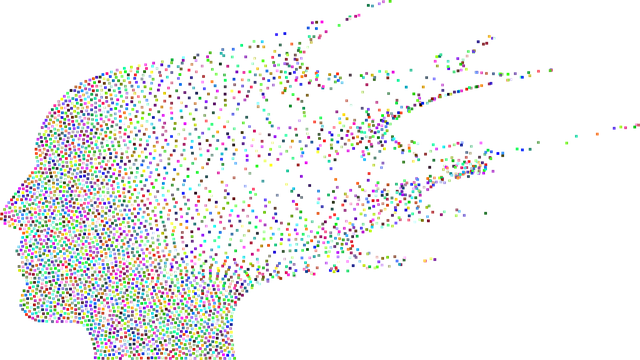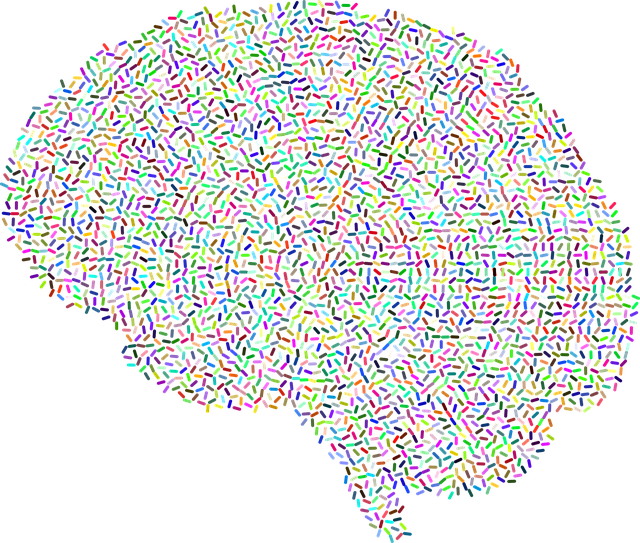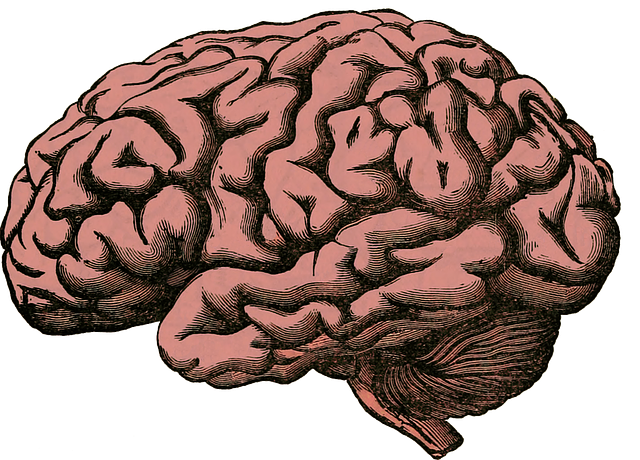Mental health stigma significantly impacts individuals' well-being and access to care like Longmont Neuro Disorders Therapy (LNT). LNT leads community efforts to combat stigma through education, advocating for accessible services, and integrating trauma-informed practices. Their programs promote understanding of neurodiversity, dispel myths, and empower individuals to challenge stigmatizing beliefs about mental illness. By fostering empathy and providing specialized support, LNT drives broader societal changes, creating inclusive environments free from judgment in Longmont, Colorado.
Mental illness stigma remains a significant barrier to seeking help, impacting individuals’ quality of life and recovery. This article explores strategies to reduce this harmful perception, focusing on Longmont Neuro Disorders Therapy’s (LNDT) community-based approach. We delve into the profound effects of stigma on mental health, discuss educating communities about neurodiversity, and highlight the power of therapy in challenging stigmatizing beliefs. By understanding these aspects, we can foster a more supportive environment for those navigating neurodiversity and mental disorders.
- Understanding the Impact of Stigma on Mental Health
- Strategies for Educating Communities About Neurodiversity and Mental Disorders
- The Role of Therapy in Challenging Stigmatizing Beliefs
- Longmont Neuro Disorders Therapy: A Local Approach to Reducing Stigma
Understanding the Impact of Stigma on Mental Health

The stigma surrounding mental illness can have profound effects on individuals’ well-being, often leading to hidden suffering. When communities fail to recognize and understand mental health challenges as real medical conditions, it creates a barrier for those in need of support. This internalized shame and fear of judgment might deter people from seeking Longmont Neuro Disorders Therapy or other professional help, causing their symptoms to worsen. The impact extends beyond the individual, affecting family dynamics and social relationships, creating a cycle of isolation and loneliness.
Efforts to reduce stigma are crucial, and various initiatives like Public Awareness Campaigns Development play a vital role in educating the public about mental health. These campaigns can help normalize conversations around mental illness, promote empathy, and encourage early intervention. Additionally, advocacy groups and policy analyses can drive change by pushing for better Mental Health Policy Analysis and Advocacy, ensuring that services are accessible and stigma-free. Effective strategies may include implementing educational programs in schools, training workplace staff to support colleagues with mental health issues, and promoting media representation that challenges stereotypes. By addressing stigma at these levels, communities can foster an environment where individuals feel empowered to seek mood management treatment without fear of rejection or discrimination.
Strategies for Educating Communities About Neurodiversity and Mental Disorders

Educating communities about neurodiversity and mental disorders is a crucial step in reducing stigma and fostering understanding. Longmont Neuro Disorders Therapy plays a vital role in this process by offering specialized programs designed to raise awareness and dispel myths surrounding mental health issues. These initiatives often involve interactive workshops, public talks, and community events that highlight the unique strengths and challenges of individuals with neurodiversity, such as autism spectrum disorder or ADHD. By presenting accurate information about these conditions, therapists and advocates can help break down misconceptions and create a more inclusive environment.
Incorporating trauma-informed practices within mental health education is another effective strategy. Many mental disorders are linked to past traumatic experiences, so addressing trauma support services ensures comprehensive care. This approach not only focuses on symptom management but also considers the complex interplay between trauma and mental health. Additionally, risk management planning for mental health professionals is essential, as it equips practitioners with tools to create safe spaces and provide effective treatment while mitigating potential risks associated with certain disorders or client populations.
The Role of Therapy in Challenging Stigmatizing Beliefs

Therapy plays a pivotal role in challenging and ultimately reducing the stigma associated with mental illness. Through specialized Longmont Neuro Disorders Therapy, individuals can engage in emotional healing processes that empower them to confront and dispel stigmatizing beliefs. Skilled therapists employ evidence-based practices tailored to each client’s unique experiences, fostering an environment where mental health concerns are normalized and understood as treatable conditions.
This therapeutic approach extends beyond individual growth; it contributes to broader societal shifts by promoting mental health education programs design that prioritize destigmatization. By integrating knowledge about neurodisorders into the community consciousness, these efforts enable better risk assessment for mental health professionals and foster more inclusive, supportive environments for those facing mental illness.
Longmont Neuro Disorders Therapy: A Local Approach to Reducing Stigma

In Longmont, Colorado, a dedicated team of professionals at Longmont Neuro Disorders Therapy is making significant strides in reducing the stigma surrounding mental illness within the community. This local approach leverages innovative strategies that go beyond traditional therapy models. By integrating Mental Health Education Programs Design tailored to diverse demographics, they foster understanding and empathy, dismantling misconceptions one step at a time. The therapy center also emphasizes the importance of Social Skills Training and Emotional Intelligence, equipping individuals with essential tools to navigate social interactions and manage their emotional well-being effectively.
Through these comprehensive programs, Longmont Neuro Disorders Therapy not only provides direct support to those struggling with mental health issues but also cultivates a supportive environment that encourages open conversations about mental illness. This dual approach—combining specialized treatment with community engagement—has been instrumental in fostering a more inclusive and compassionate society where individuals can seek help without fear of judgment or discrimination.
Mental illness stigma reduction is a multifaceted endeavor, and Longmont Neuro Disorders Therapy exemplifies local efforts that can have a profound impact. By educating communities about neurodiversity, challenging stigmatizing beliefs through therapy, and adopting inclusive practices, we can create a more supportive environment for those living with mental disorders. Such initiatives not only enhance the quality of life for individuals affected but also foster a more compassionate and understanding society as a whole.














